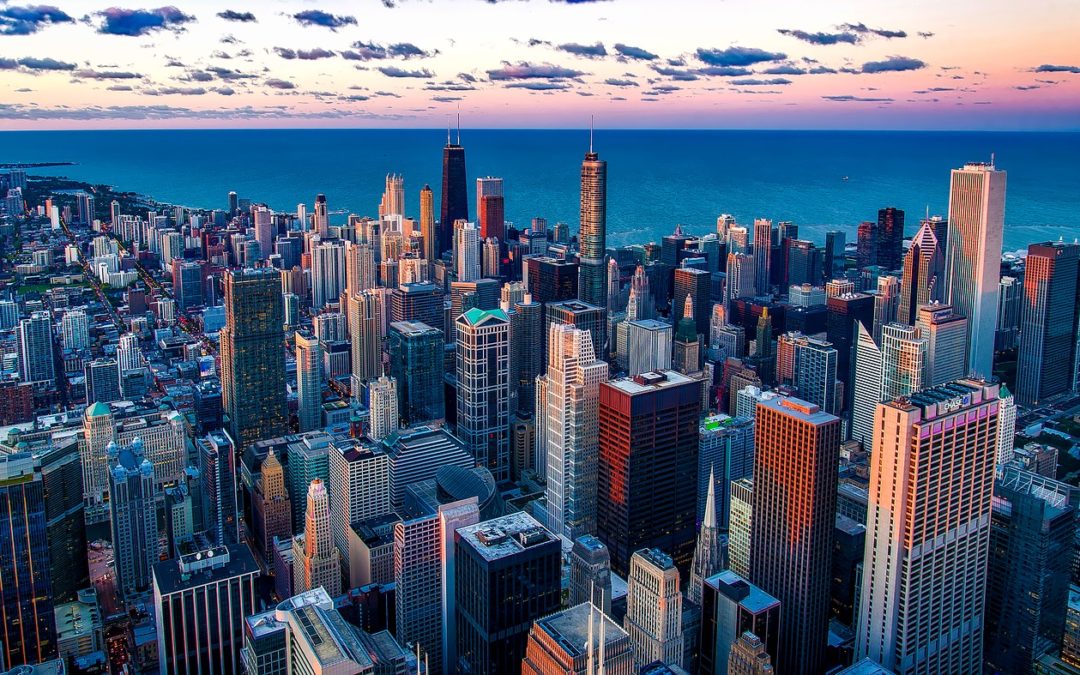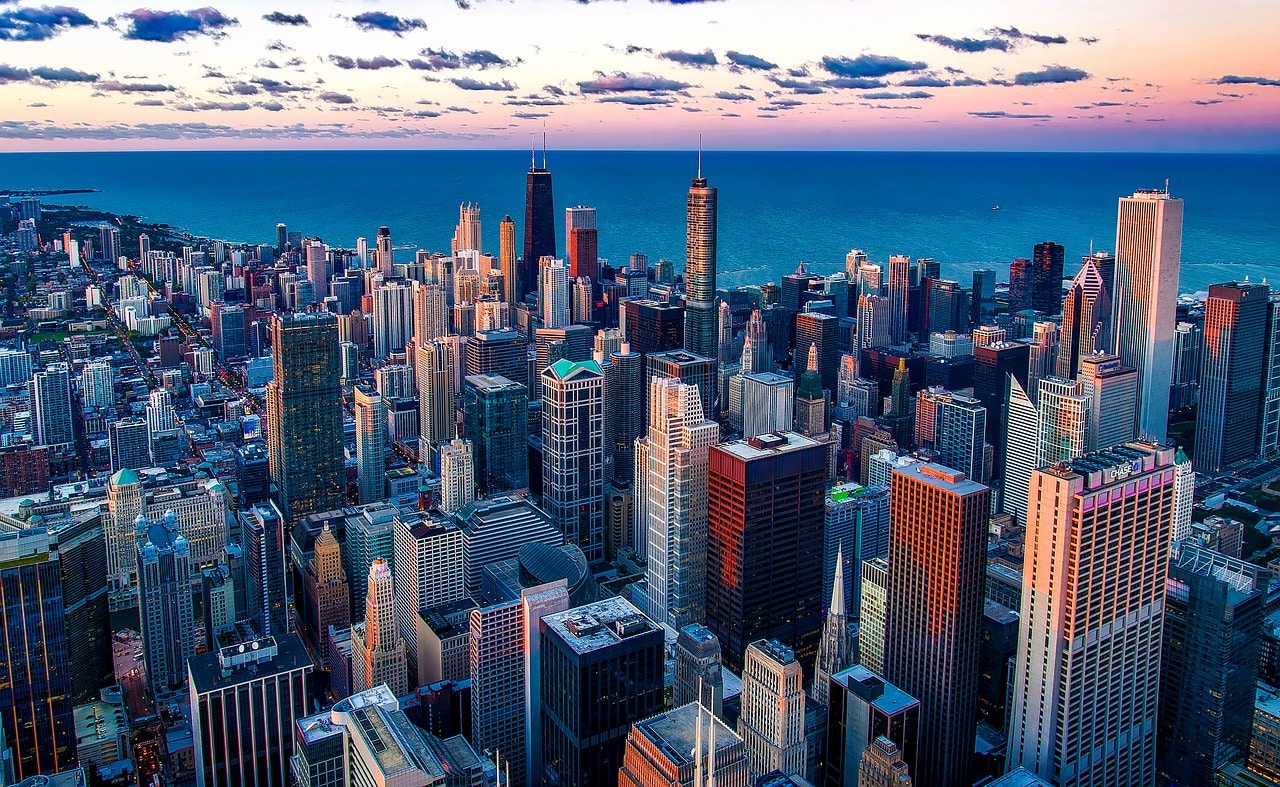
Illinois Legalization: Illinois becomes 11th state to legalize cannabis

Illinois residents can soon enjoy cannabis freely in their home state, they just have to wait a while.
Illinois has become the 11th state in the U.S. to legalize cannabis for recreational use after Gov. J.B. Pritzker signed a bill that will allow the licensed growth, sales, possession and consumption of cannabis for adults 21 and older. One of Pritzker’s campaign promises, the bill also implements the nation’s first comprehensive statewide cannabis marketplace designed by legislators.
Suffice to say the governor was excited to sign the bill into law, and said that it was long overdue in the state. However Illinoisans will still need to wait a while to start working in the cannabis industry in the state.
Illinois Legalization
With this new bill comes a few big steps for the state of Illinois. The bill will allow the licensed growth, sales, possession and consumption of cannabis for adults 21 and older, allowing possession of up to an ounce for residents, and 15 grams for non residents.
Illinois is also the first state to fully legalize commercial sales of cannabis through the legislature, rather than through referendum. But one aspect of this bill that will start impacting individuals immediately, is the expungement clause.
Pritzker emphasized that the law provides for automatic expungement of arrests for marijuana possession under 30 grams, and that he will pardon those with convictions for possession up to 30 grams. Individuals and prosecutors may go to court to seek expungement of cases involving up to 500 grams.
“Today we are giving hundreds of thousands of people the chance at a better life,” Pritzker said.
Once the market grows to maturity, the program is estimated to generate $500 million a year in taxes. That would come from a 10% tax on products with up to 35% THC, the component of the plant that gets users high; 20% for cannabis-infused products such as edibles; and 25% for THC concentrations of more than 35% — plus local sales taxes.
In a concession to law enforcement, an earlier provision to allow adults to grow five plants each at home was eliminated. Instead, only certified medical marijuana patients would be allowed to grow up to five plants each at home.
Now What?
While the bill has been signed into law, Illinois won’t be selling recreational cannabis to its citizens anytime soon. The permits the sale of legal cannabis products starting in January of 2019. So while not that far away, Illinoisans still have over 6 months to wait before they can purchase or grow their own cannabis.
The governor emphasized that 25% of the revenue from marijuana taxes will go to marijuana business ownership in black and brown communities that were disproportionately affected by the war on drugs. In addition, 20% will go to substance abuse treatment and prevention and mental health care, with additional funds going to pay the state’s bills, law enforcement and public education on marijuana health issues.
To address concerns that cannabis retail shops will end up concentrated in minority neighborhoods, state Rep. Kelly Cassidy, a co-sponsor of the bill, said there are minimum distances between shops to avoid a “liquor store on every corner“ phenomenon.
Local governments can still ban marijuana businesses or set rules to determine where they are allowed. While municipalities cannot prohibit people from possessing marijuana, landlords can still keep it off their property and employers can prohibit use by their employees.
It’s going to be an intense 6 months in the Illinois legislature as application processes begin and citizens start applying en masse. The state will need to establish how many applications it approve, and how many licenses will be given out to commercial growers, processors and retailers.
Stay tuned on The Real Dirt for updates about Illinois legalization and what’s happening with the cannabis industry development in the state.












